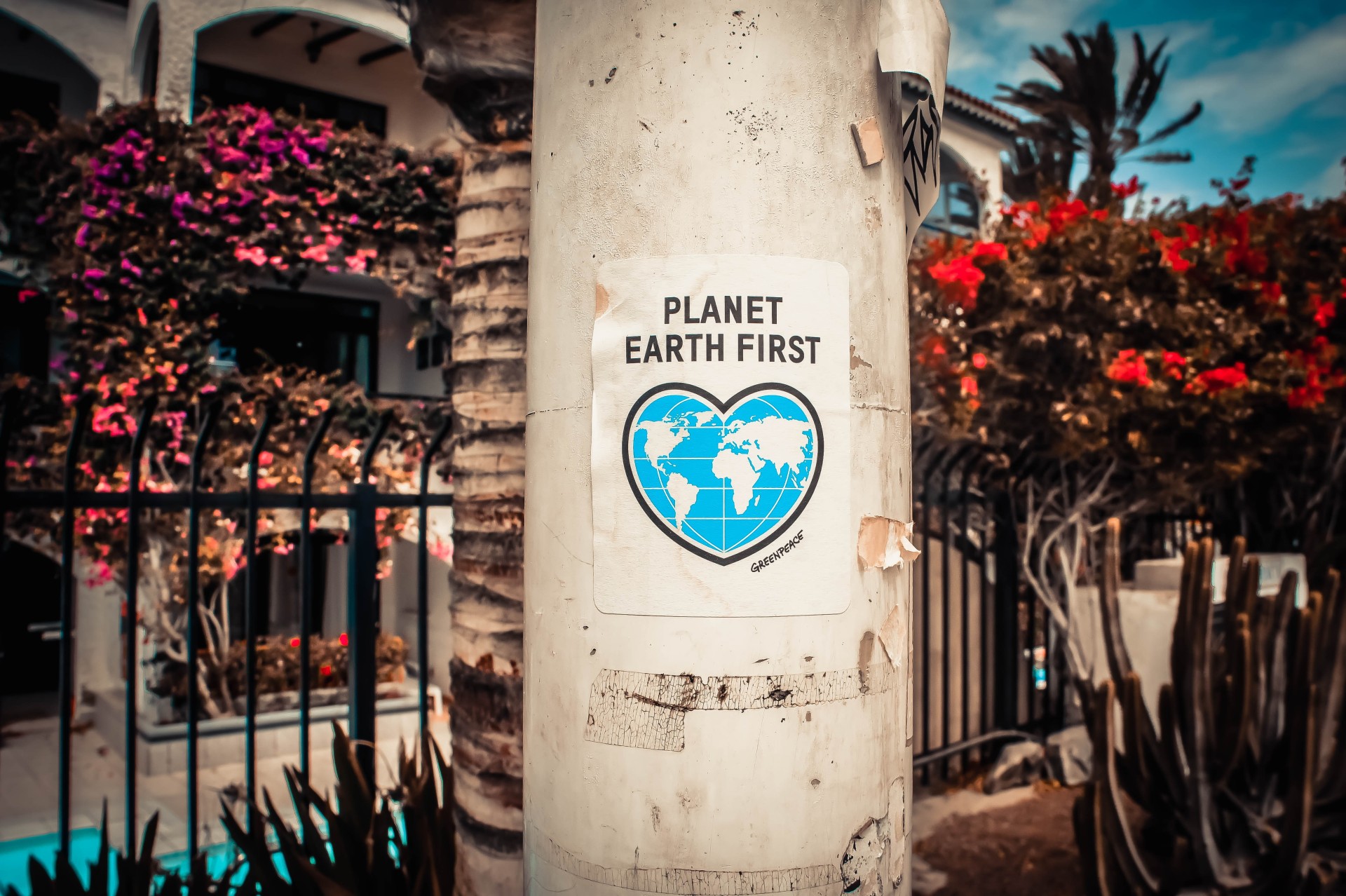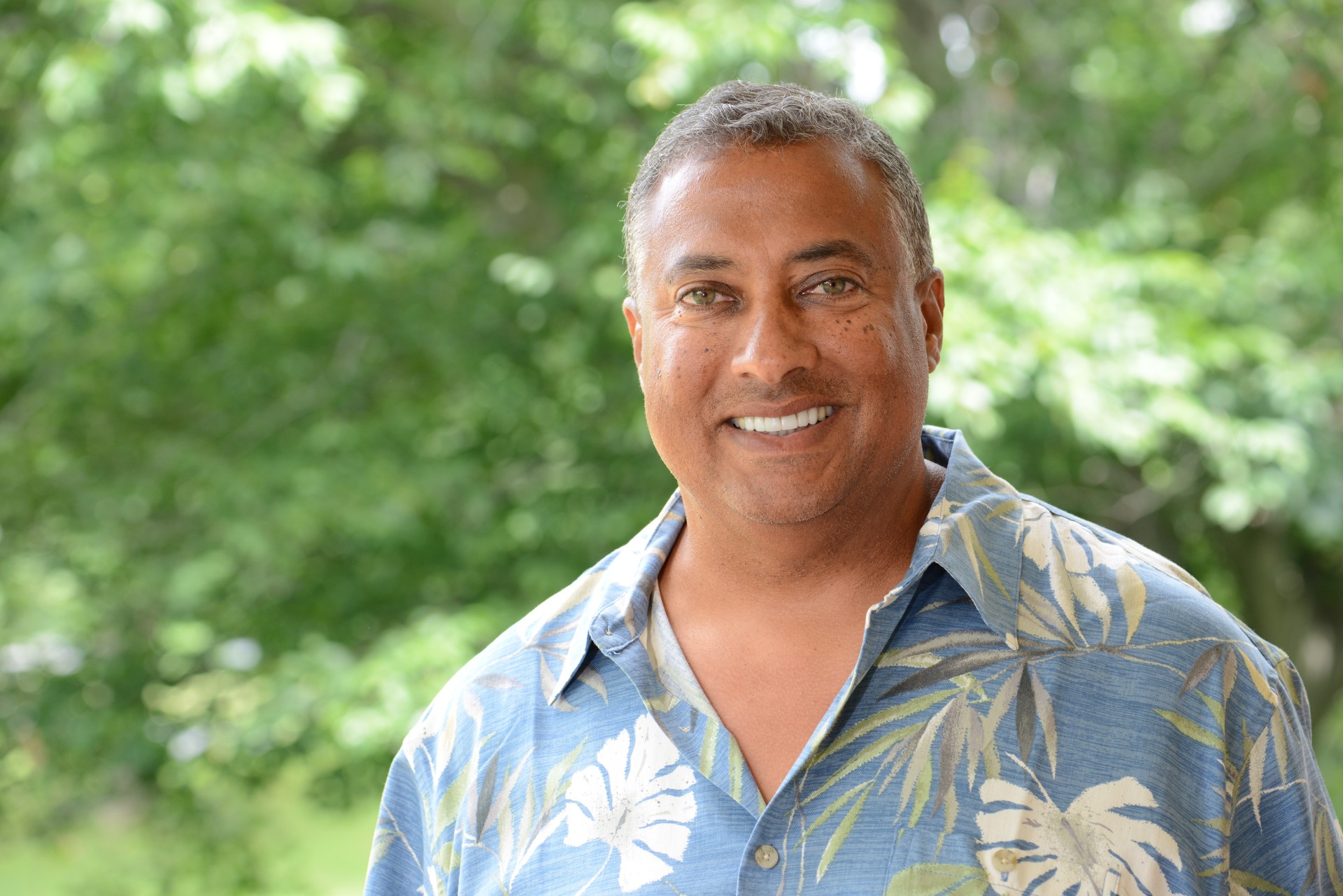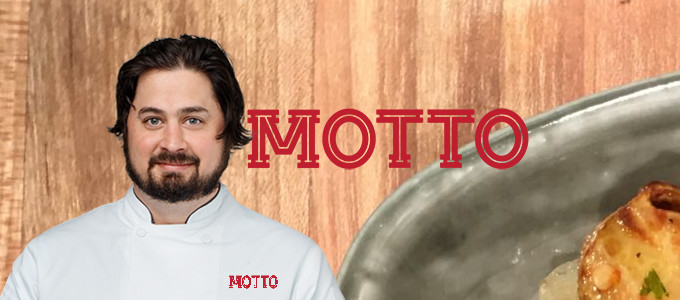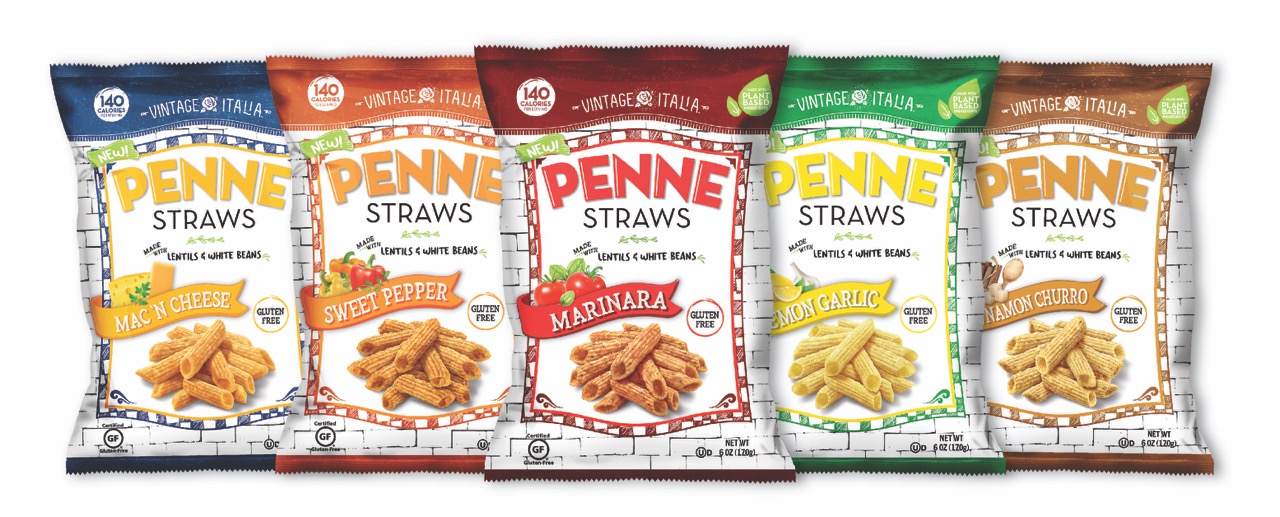The hospitality industry has been shifting its focus and taking a robust approach to creating and maintaining sustainability. The William F. Harrah College of Hospitality at the University of Nevada, Las Vegas, offers an innovative course for students to understand the need for sustainability in hospitality.
Emerging Trends in Hospitality: Food & Beverage Insights
The course teaches about sustainability practices in restaurants and other hospitality facilities. Topics covered include material use, waste reduction, recycling, and water conservation. The course also explores energy management, site selection, green building design, and indoor environmental quality issues. Sustainable farming, carbon footprint, supply chain, food wastage, and compostable packaging are also covered.
Dr. Christine Bergman, a nutrition and food science professor at UNLV, has taught the course for three years.
“We teach both theoretical and practical applications. Theoretical is the basic concepts and the different definitions of sustainability as well as its history. There are three pillars of sustainability, which include social, economic, and environmental. I have also infused the United Nations’ sustainable development goals into the course. Each module expands on global goals, what we need to do and what we need to measure to reach those goals.”
Other theoretical concepts include circular versus linear economy, essential information for understanding purchasing choices in a company’s supply chain. Under Dr. Bergman’s guidance, students work on creating a sustainable management program for a restaurant to learn about energy and water use as well as responsible sourcing. The class also discusses the purchasing of cleaning supplies as another consideration since chemical-based cleaning products are on soil and water.
The biggest challenge for students is to refrain from thinking of sustainability as a black-or-white issue. For example, many have been told that seafood harvested from aquaculture operations is either good or bad. However, only some realize that more information is needed to make an informed decision about a particular choice. A good resource for learning more about responsibly sourced seafood products, for example, is the Monterey Bay Aquarium Seafood Watch (prod.seafoodwatch.org). It rates seafood based on scientific data into avoid, good alternative, and best choice categories. Resources like these help Dr. Bergman instill the sustainability-purchasing approach of making Avoid, Good Alternative, and Best Choice.
“We are actually helping them [students] unlearn some of the beliefs they hold about sustainability and then provide them with tools they need to make better decisions in their professional and personal lives,” says Dr. Bergman.
Given that a portion of her students is international, Dr. Bergman pays special attention to how cultural differences inform perspectives on sustainability. The concept of a company operating from a social sustainability standpoint, for instance, is an unfamiliar concept to many students whose home countries do not embrace this practice. In other areas of the world, however, hospitality is a family business that relies on social sustainability to thrive.
Dr. Bergman developed the class using her background and experience in the industry, including her travel to over 80 countries.
“About 10 years ago, we redid our basic hospitality curriculum, and I pushed that sustainability needed to be incorporated into all of our classes,” explains Dr. Bergman. “We discovered that students who took the program did not understand the concepts or get the practical skills related to running hospitality organizations. I knew I needed to develop a course that was focused on sustainability globally. The response has been wonderful. Everyone benefits, including students focused on event planning and other aspects of hospitality and those who want to run restaurants.”
On a personal level, Dr. Bergman is passionate about sustainability. Her grandparents, farmers by trade, were forced to move from Nebraska in the 1930s due to severe dust storms. Given the name “The Dust Bowl,” high winds and choking dust swept Nebraska to Texas, causing drought across the southern plains. As a result, people and livestock died, and crops failed to grow. The Dust Bowl also intensified the devastating economic impacts of the Great Depression, driving many farming families to migrate to other states in search of work and better living conditions. As a result, Dr. Bergman’s grandparents opened a health food store in Los Angeles—a decision that greatly influenced her.
Read Also: Grubhub’s 2022 Delivered Report: Trends in Comfort Food
Before transitioning to UNLV, Dr. Bergman worked for the United States Department of Agriculture as an Agricultural Research Service research chemist with administrative responsibility for the National Rice Nutrition and Processing Quality Program.
“The health of the soil, water, and air is part of my background and my passion,” she explains.
Dr. Bergman’s original dream job was to work at the USDA for her entire career. However, life happened, and she moved to Las Vegas to care for her parents. During her early years as a professional, Bergman held various front and back of the house positions in casual and fine dining restaurants. Her experience would add to her scientific expertise and pave the way for her teaching and research focus as a Hospitality College professor.
“Sustainability is a process, not an either/or. To work toward becoming more sustainable requires us all to make educated choices every day, especially in hospitality.”
For more info, visit unlv.edu/hospitality.








